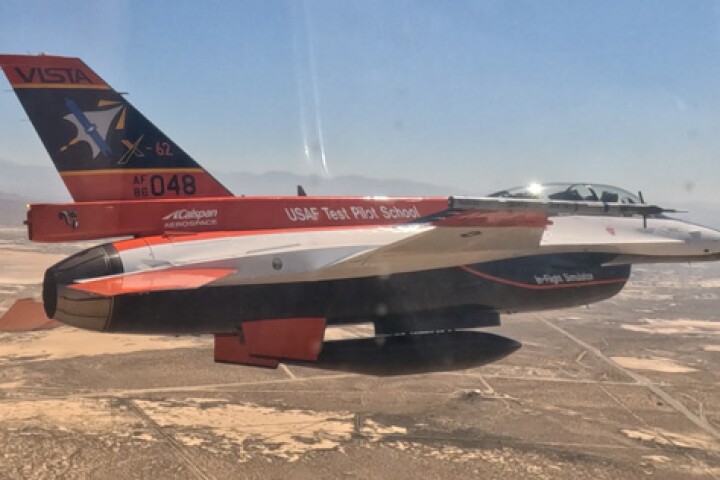In the wake of a fatal accident at this year's Pikes Peak International Hillclimb, the PPIHC Board of Directors has decided to cancel motorcycle racing for the 2020 event, pending a review of whether it should return in the future.
Superstar racer Carlin Dunne went off the cliff a month ago, a big bump in the pavement throwing his bike out of control within sight of the finish line on the iconic 12.42-mile (19.99-km), 156-turn public road racetrack that is Pikes Peak. He knew the risks – he'd won the event no less than four times previously – but his tragic death has brought up the question of whether motorcycles should be racing at all in this event.
The Pikes Peak race has been running for more than 100 years now, and is the second longest-running race event in America. Motorcycles were there for the first race in 1916, but their participation has been patchy up until the last 29 years, when they've been there every year. In total, bikes have raced at 41 of the event's 97 iterations.
For 90 percent of this race's history, it's been a dirt road rally, but in 2011, works were completed to fully pave the road over. While this might sound like a much safer way to get up the hill, where racers are concerned, extra traction simply means they can go a lot faster. Carlin Dunne took first place in the 2012 race, breaking the 10-minute barrier for the first time on a motorcycle.
He would go on to do it again in 2013, on the Lightning Electric Superbike's fabled debut, and took King of the Mountain honors again in 2018. Dunne was a much-loved character in the Pikes Peak racing community, and officials estimate he was on his way to a whopping 10-second win over Australia's Rennie Scaysbrook – who himself set a new course record – when he lost control and ran off.
Reeling from the accident, the Pikes Peak board of directors has now released a statement to say there will be no motorcycle racing at the event in 2020, ostensibly to see how it holds up without the bikes.
"It was decided that in order to determine the long-term viability of the motorcycle program there will be no motorcycle program offered in 2020 so that race organizers can gather data and analytics to review more thoroughly the impact on the overall event in the absence of this program," the statement reads.
"It's just time to take a hard look at every aspect of the race, including the motorcycle program, and determine whether or not the event may change," says Board Chairman Tom Osborne.
As with events like the iconic Isle of Man TT, there's no secret that racing at America's Mountain has always been risky. It's part of the appeal, that only the hardest of hardcore racers dare to take on the challenge, each riding in full knowledge of how far down it can be if you run off the side. The danger goes hand in hand with the spectacular topography of the road and the mountain.
It's hard to see how this kind of event will survive a full review. Daredevil racing like this seems so at odds with the way the world runs in this safety-first day and age. If this does turn out to be the last time motorcycles are allowed to race at Pikes Peak, then Rennie Scaysbrook's 9:44.963 will stand as the eternal record.
Watch the video of Rennie's run below, and if you don't understand why people would do this sort of thing to themselves, skip to the end and listen to him after he finishes. Riding in a race like Pikes Peak must be one of the most mentally, physically and emotionally intense experiences on the planet.
Source: PPIHC





